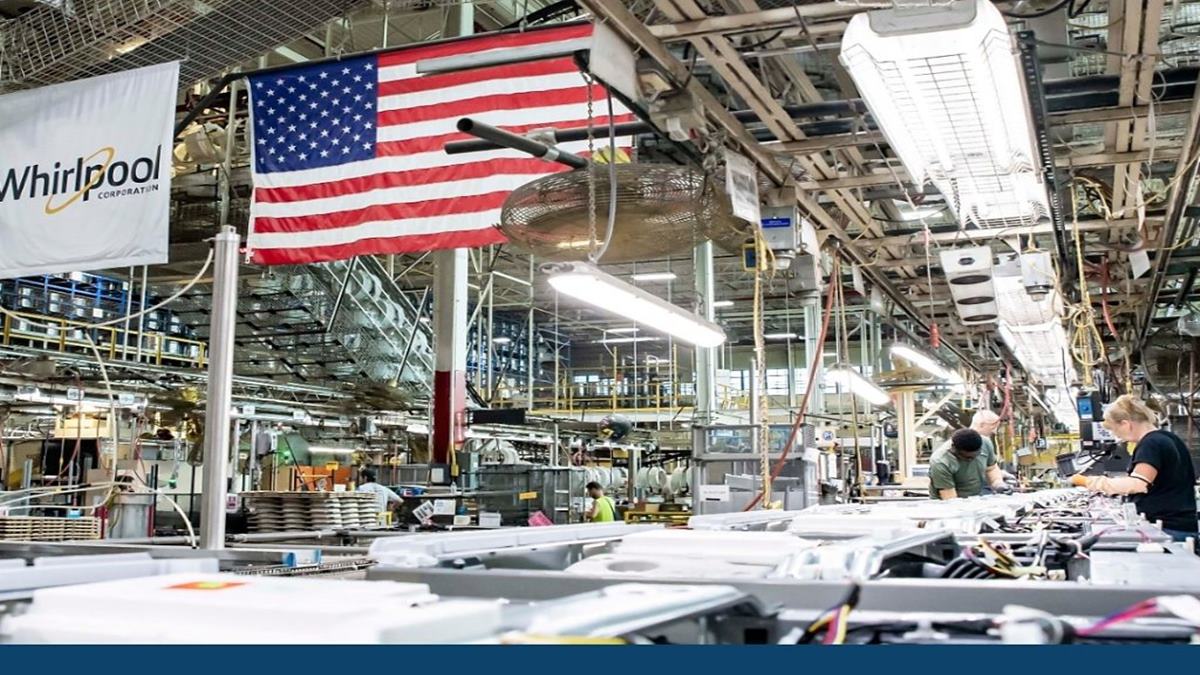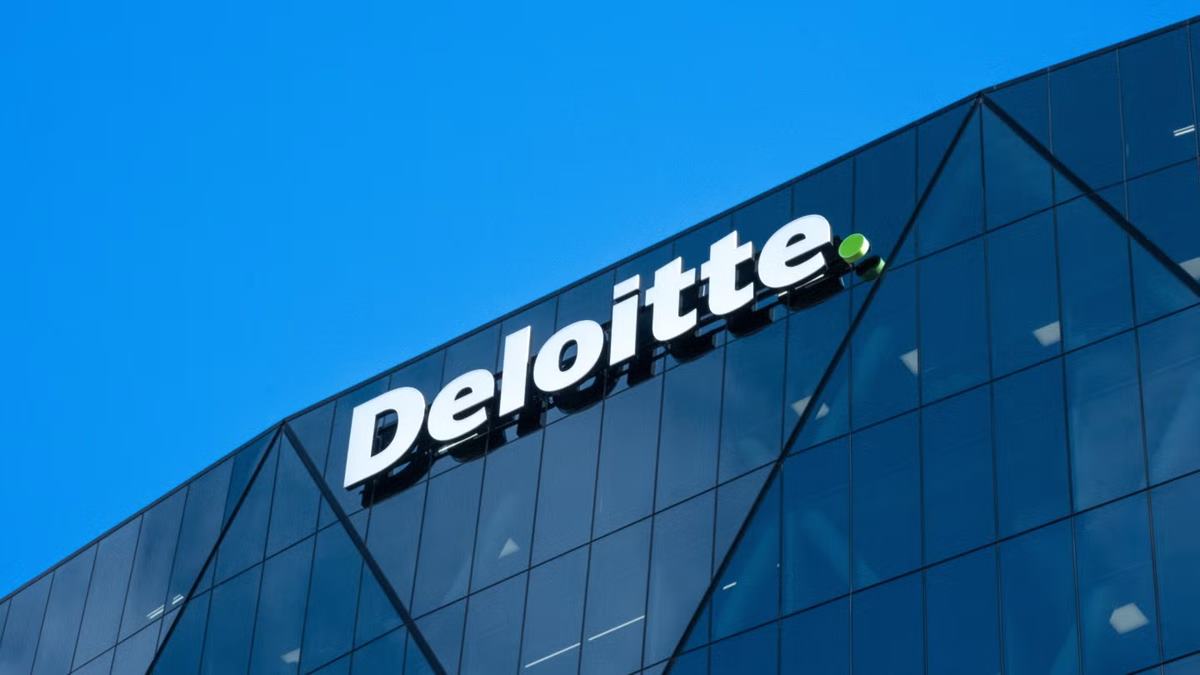Julie Sweet, the global CEO of Accenture, recently shared the turning point of her career. In 2014, just a month before being diagnosed with breast cancer, Sweet’s then-boss and Accenture CEO Pierre Nanterme made a surprising remark during what seemed like an ordinary meeting, which changed the course of Sweet’s career.
“At the end of the meeting, he closes his notebook and he pushes it aside, and he says to me, completely out of the blue… ‘I think you could run this place someday’,” Sweet revealed in a podcast interview, as per a The Economic Times report.
At that time, Sweet was serving as general counsel, a role far removed from traditional business leadership. She lacked a business degree and wasn’t a long-time Accenture veteran, which made the suggestion unusual, especially in a male-dominated corporate environment. Nanterme himself acknowledged that Sweet would need to gain operational experience before taking such a leap.
Embracing Opportunities With Confidence
Rather than expressing hesitation, Sweet leaned on advice she had once received from Dina Dublon, former CFO of JPMorgan Chase and an Accenture board member. Dublon’s guidance was simple but impactful: “When someone gives you a stretch role… chances are that the person offering you a stretch role is as nervous or more nervous than you are. So, don’t say anything, like: Are you sure?”
With that in mind, Sweet responded confidently to Nanterme’s proposition, saying, “I looked at him and I said—with Dina in my head—why, yes, I’d be interested. What did you have in mind?” This moment set her on a path to lead Accenture’s North American practice the following year and eventually become global CEO in 2019, the report added.
The Power Of Continuous Learning And Transparency
For Sweet, leadership is a balance of confidence, humility, and a commitment to excellence. She emphasised that successful teams challenge assumptions constantly, fostering an environment where questioning the status quo is routine. “We are constantly challenging each other and our assumptions,” she said. “When you build a team that thinks that the status quo is challenging assumptions, embracing change, it means you’re constantly questioning,” the report added.
Sweet believes in the importance of remaining a “deep learner” even at the highest levels of leadership. “I think the idea of being a deep learner at the top is really critical, and that is not usual in a lot of companies,” she noted. She also credits her legal background for teaching her the value of understanding the broader business context. “I figured out pretty quickly that if I wanted to be the business leader with legal experience, I had to deeply understand the business,” Sweet explained.




















